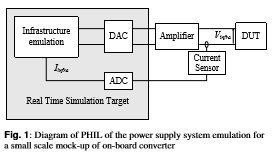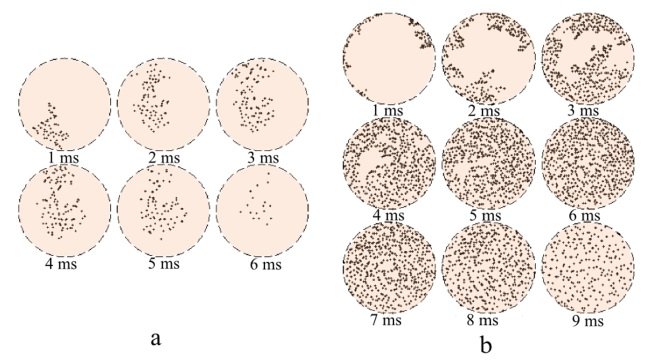During the design of power converter, design mistakes must be avoided, especially for high voltage and high power converters. Simulation tools can be used to help the designers and limit the risks. This presentation will present a design flow approach used to design and validate a 1.2 kV – 100 kW DC-DC converter which was design from die to converter levels and started for a “blank page”. The presentation is organized in four parts. Firstly, the context of the work is introduced. Then, the simulation flow approach used to validate the design is presented. For this part, the presentation will focus on the system level simulation of one inverter, including the power modules. This part will highlight the main limitations of the current simulation tools found by the designers. In the third part, an enhanced approach is proposed to overcome the limitations and the first results are presented Finally, a conclusion will be presented.





